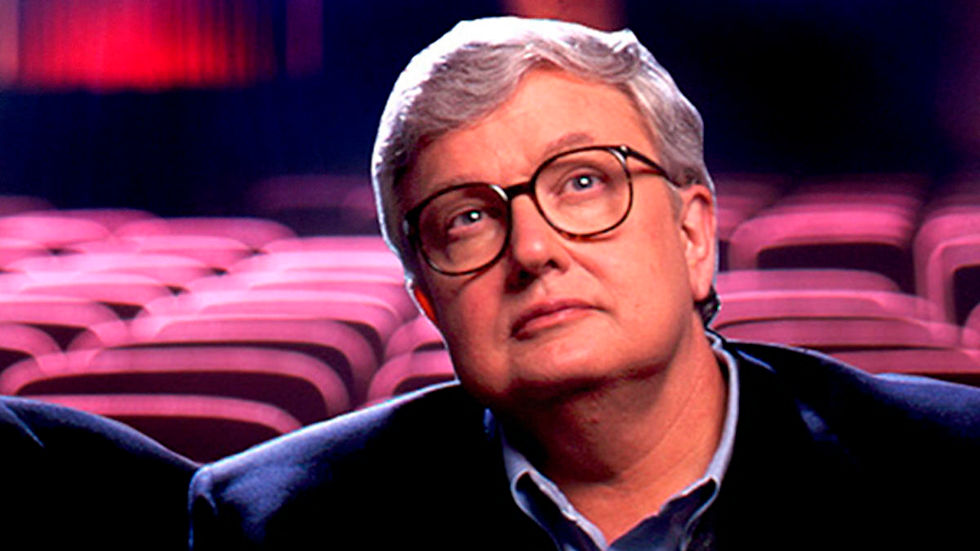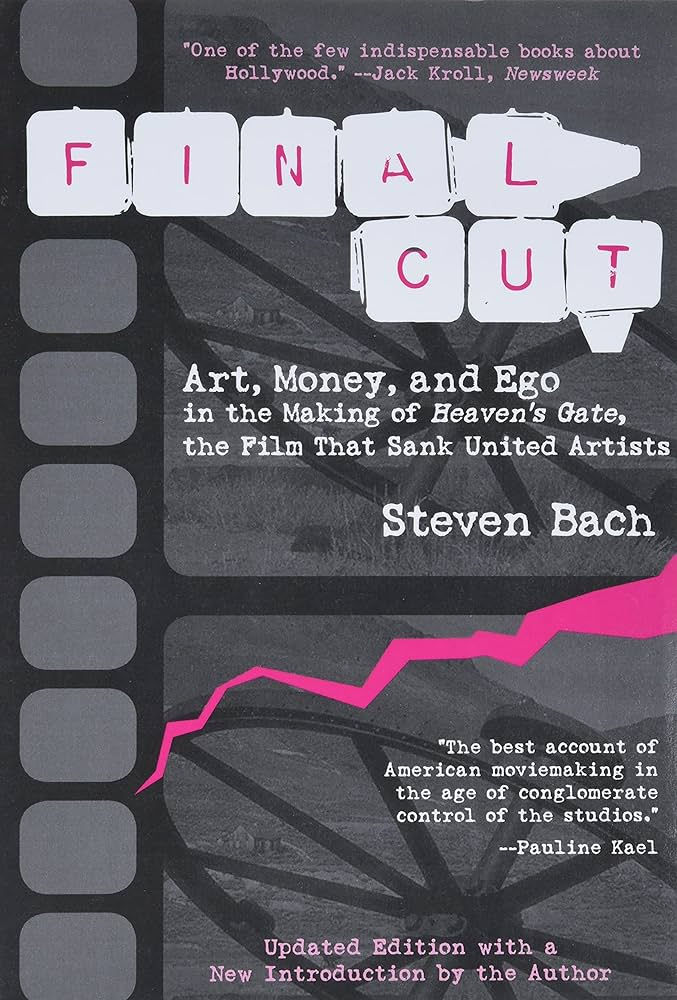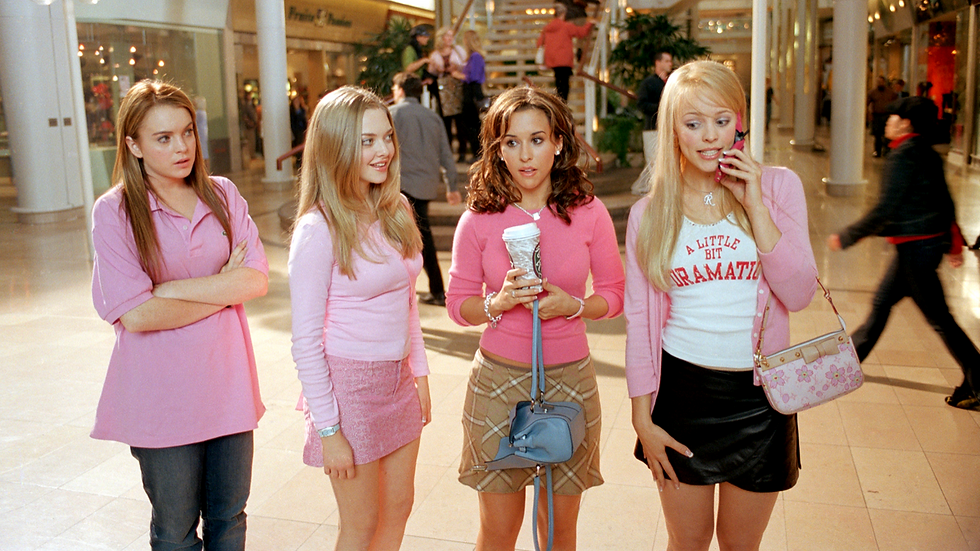Ryan C. Tittle: Film Critic
- Ryan C. Tittle

- Aug 15, 2025
- 5 min read

In the early days of podcast fever and the proliferation of online film critics, I had just finished a miserable four and a half years teaching in public schools and was looking for something—anything—else to do, always with that latent dream of writing full-time. A friend of mine, Ricky Headrick (who was running the best barbecue joint in town) was wanting to start a website with a focus on movies and television. The site was to be called Moon Beach Island, and his handle would be “Cap’n Ricky.” I don’t know how we got on the subject, but he offered me a gig writing movie reviews—enough money for my tickets and a little extra scratch.

I had been publishing film reviews on my own blog starting in 2009 and those efforts won me that paid gig and also a brief stint writing Hollywood humor pieces for a site called The Studio Exec, a cross between The A/V Club and The Onion. The review I submitted was of Robert Zemeckis’ phony-baloney Flight, a meager attempt at a serious drama wasting the skill of a half-dozen actors with Zemeckis’ typical romanticizing instead of dealing with difficult life subjects head-on. The review was titled “Trying to Take Flight” and ended with a line hoping, if Denzel snagged the Oscar, he would enjoy his “thirty pieces of silver.” Ouch.
But, if you’re in the reviewing business, everyone knows a bad review is infinitely more fun to write than a good review. Usually only the makers of the film remember the good ones, but everyone knows Rolling Stone once wrote a one-word review of a Styx album that simply said, “No.” And Roger Ebert’s famous review of Rob Reiner’s North (in which he “hated, hated, hated, hated” the movie spawned three books of Roger’s half and no star reviews. Ebert was always my ideal critic. It was simple: he was born a newspaperman, but he was a magnificent writer. He wasn’t just reviewing—he was writing film criticism—an important distinction as some who are in the profession know nothing about the world of film and are myopic when it comes to true innovation.

Ebert was not always right. His negative review of David Lynch’s Blue Velvet and his positive review of Blue Crush (the Hamlet of surfer movies?) puzzled many of his readers. But he knew the whole four-star system was imperfect. If he liked a slapstick comedy, he judged them against those of its kind. But, when he was on, he was brilliant, and he was more right than wrong most of the time for a business that can seem totally subjective. As my series of “Non-Guilty Pleasures” proves, I follow a similar trajectory. He was not just a great critic, by the way—his memoir Life Itself is among my favorite books.
So, there I was, getting paid to write for the first time in a decade when I won prize money and royalties off an early short play I wrote as a teenager. It was fun. The whole endeavor led to a former collaborator and I to host a podcast for Moon Beach (at least for the first three to four seasons) and I, perhaps, was most proud of my review of Peter Jackson’s The Hobbit: An Unexpected Journey which I called “The Neverending Story.” I had my detractors. I was widely lambasted for praising the film version of Les Misérables, but I rather liked the close ups and the emotion, something akin to Sinéad O’Connor’s music video for Prince’s “Nothing Compares 2 U.”

I was formally taught film history, screenwriting, and criticism. My screenwriting mentor at Bennington was Steven Bach, a noted biographer and the author of one of the relatively few books about movies you should own (Final Cut, about the making of Michael Cimino’s Heaven’s Gate) and, unexpectedly, I took a course in criticism from a Dance professor named Dana Hall, who was in the ensemble for the original production of Einstein on the Beach (1976). We read Andrew Sarris and Pauline Kael (with whom I never once agreed, but her talent was obvious). Even the work of food critics, some of the best writing we read.

I was initially not doing well in the class as my prose at the time was still in its infancy. But I’ll never forget the day I had a breakthrough and brought in an eleven-page review of Mean Girls (it had just opened) that shocked the class with its length and praise. I seemed to be the only one in the room who knew how meaningful and quotable that movie would become. Dana was a great teacher; Steven was more of a friend to me than professor. He once said my screenplays were better than my plays, but I don’t think he ever saw my plays. We were natural soulmates when it came to films, Sondheim, and the screenwork of William Goldman. But he screened for us every film that mattered in film history and it was a joy.
I have written relatively few movie reviews for this blog because I rarely go to the movies anymore. I did see the continuation of The Naked Gun series, but like with Elvis (one of the last movies I saw in cinemas before accidentally buying tickets to It Ends with Us (which I liked; stop reading the nonsense “news” stories and judge the film itself), but (like I said), there’s only so many adjectives for great films. Bad films bring out the fun in your work. You rely less on adjectives than you do creative expression. There’s only so many ways you can say I love you to a film. And, as anyone will tell you, I might sound hyperbolic with some reviews of good movies, but I do reserve my best judgement only for movies that push the form, showing us something new and/or unique. That’s why streaming is a much better option than these days because I’m sick of superheroes and computer animation.
Moon Beach Island, I don’t think, lasted more than two years. When you all have full-time jobs, you really have to invest everything to make blogs, websites, and podcasts work for you. But it was a unique time—the era where sequelitis reemerged, epic films were losing their luster, and good superhero movies (like The Dark Knight) were being released. It was the time when Judd Apatow was the King of Comedy and Christopher Nolan the King of everything else (he still is).

Every Friday, I still check Roger Ebert’s website. It is now run by his widow with a plethora of critics from across the country—a few good ones (Tallerico especially) and a few who assure you that films are up to date with identity politics (reviews that will not be read a hundred years from now, unlike Ebert’s). Sometimes, I think I still visit just to see if Roger’s death was a hoax and I’ll see a new filing from him from Cannes. But mortality awaits us all. If The New York Times would have it, with their recent announcement, film criticism may have its expiration date too. I hope not; I hope we will still have movies to see (that are worth it) and critics who do more than make sure every cloth is cut to today’s fabric.
You can read my film reviews in my collection Everyone Else is Wrong (And You Know It).








Comments